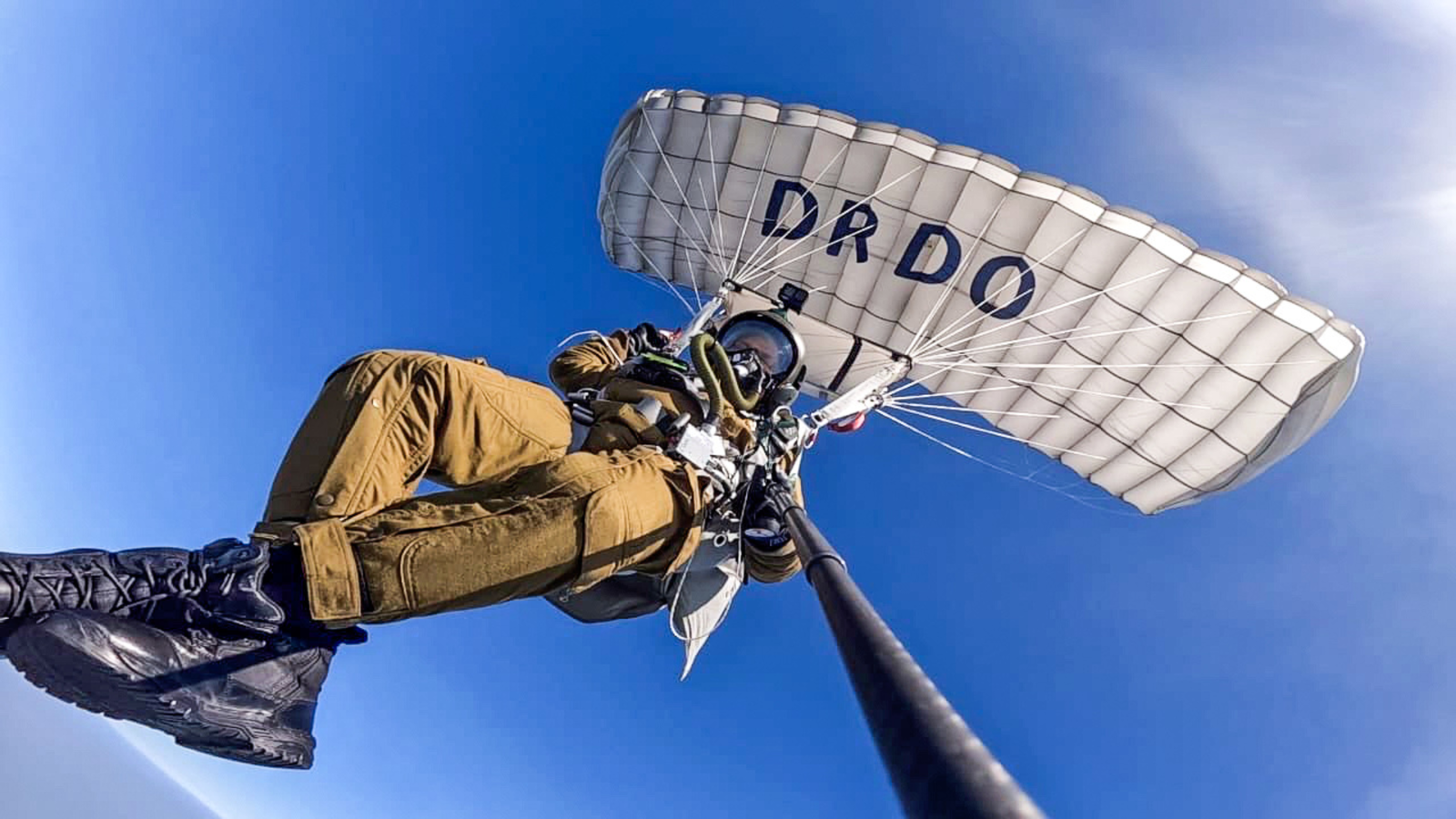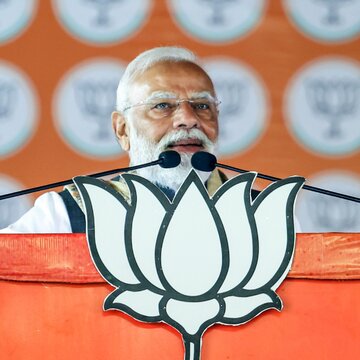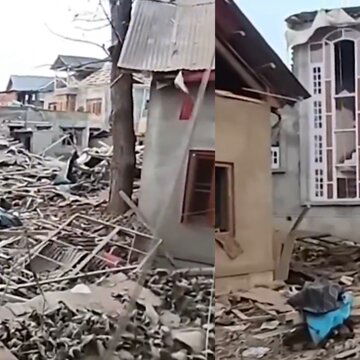The Defence Research and Development Organisation (DRDO) has successfully conducted a combat free-fall jump using the Military Combat Parachute System (MCPS). The parachute is indigenously designed and was tested from a height of 32,000 feet. The trials were conducted by Indian Air Force test jumpers showcasing the effectiveness, reliability, and modern design of the system.
India’s only high-altitude operational parachute
With this success, the MCPS stands as the sole parachute system now in use by the Indian Defence Forces which can be deployed at heights above 25,000 feet. It has been designed collaboratively by the Aerial Delivery Research and Development Establishment (ADRDE), Agra, and the Defence Bioengineering and Electromedical Laboratory (DEBEL), Bengaluru. The system has been crafted keeping in mind the demanding conditions of the modern military operations.
Advanced features
The MCPS has modern capabilities like low descent rate, superior steering control, and interoperability with Navigation with Indian Constellation (NavIC). These enable the paratroopers to safely exit aircraft, deploy parachutes at predetermined heights, and land precisely at the targeted drop zones free from foreign navigation dependencies or interference.
As the defence ministry described, "It incorporates several enhanced tactical features, including a lower rate of descent and superior steering capabilities, enabling paratroopers to safely exit aircraft, deploy parachutes at predetermined altitudes, navigate accurately, and land at designated zones."
Boost to indigenous Defence capability
DRDO states that the successful trials open the door for the induction of indigenous parachute systems into the service, cutting the reliance on foreign equipment. This homegrown MCPS will also cut down maintenance turnaround time, augmenting peace and war-time operational readiness.
Appreciation by Defence leadership
DRDO, the Defence Forces, and industry associates were congratulated by Defence Minister Rajnath Singh on the achievement, which he called a landmark step towards augmenting India's indigenous defence capability. Dr Samir V. Kamat, Secretary, Department of Defense R&D and Chairman, DRDO, also complimented the team for the successful demonstration, terming it a big step towards self-reliance in aerial delivery systems.
Successful induction of the MCPS reflects India's increasing technological competence in high-altitude parachuting technology and lends strength to the nation's indigenisation and strategic self-reliance in defense capabilities.











